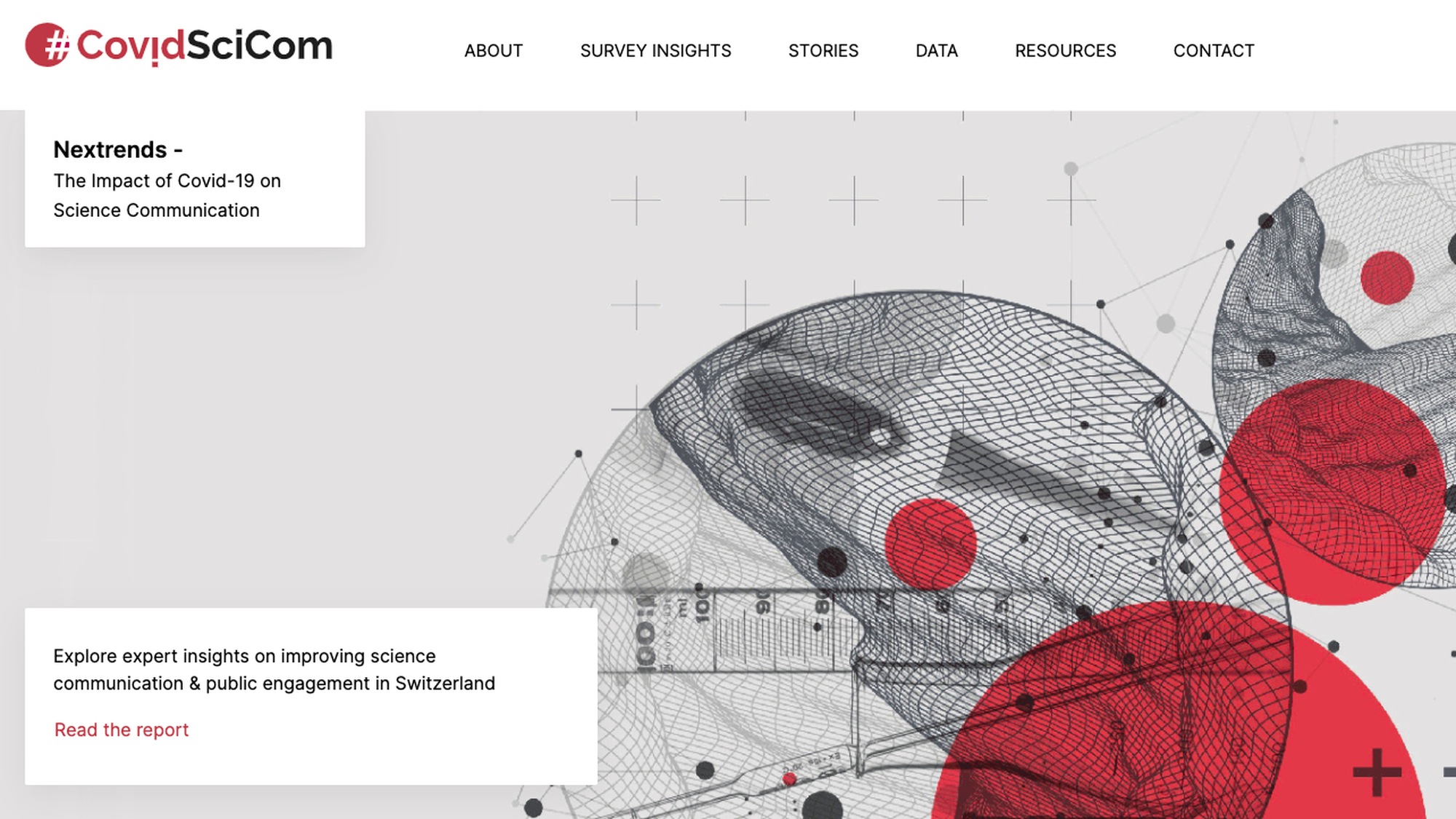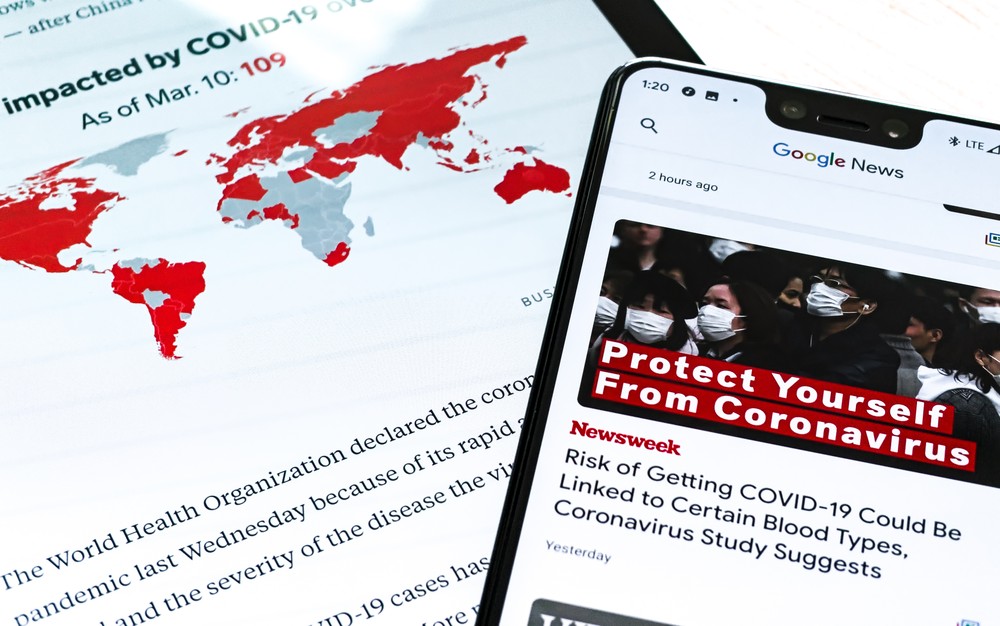
CovidSciCom: Understanding the impact of Covid-19 on science communication?
‘Effective science communication seems to have never been as important as right now’
Sébastien Hug during an interview with communication scientist Mike Schäfer.

Yet, has the outburst of information jeopardized science communication on COVID-19?
165 researchers, science journalists and communications officers from universities and research institutions in Switzerland, India and the USA took part in the "CovidSciCom - Effects of the Pandemic on Science Communication" survey in 2021. The study aimed at gaining insights on how science communication and science journalism across various countries perceive and understand the influence of Covid-19 on science outreach and reporting, on communication to decision-makers and the public, and the impact it will have on their work going forward.
Interestingly, the pandemic has not only disrupted the production of scientific knowledge, but it also affected how this knowledge is being reported to the public. The study conducted by Swissnex in India in collaboration with Science et Cité (CH), Swiss Academies of Arts and Sciences, India’s National Institute of Advanced Studies, Swiss it, and Swissnex in Boston indicates that fake news and politicization are viewed as the main obstacles to efficient science communication. The respondents were given the opportunity to point out the main issues hindering an effective and factual public communication on the science of the pandemic. By far, and regardless of their gender, communication experience level, profession, and country, the two main problems, in the opinion of the respondents, were conspiracy theories and fake news, respectively politicization and political interferences.
“It is not just that there is a lot out there, but that there is a lot of dis- and misinformation out there; partly by people who don’t know better, partly by people who try to further their own agenda and sow their own doubts about science” said Mike Schäfer, Professor of Science Communication and Co-Director of IKMZ, University of Zurich. Him along with other science, research and policy experts such as Marcel Tanner, President of the Swiss Academies of Arts and Sciences, Huma Khamis, Journalist Radio RTS and VP Swiss Association for Science Journalism held CovidSciCom conversations in Switzerland and India, in 2021.
With popular press coverage on national and international media, the covidscicom.org website garnered a lot of attention publishing the survey results, at the pandemic peak.